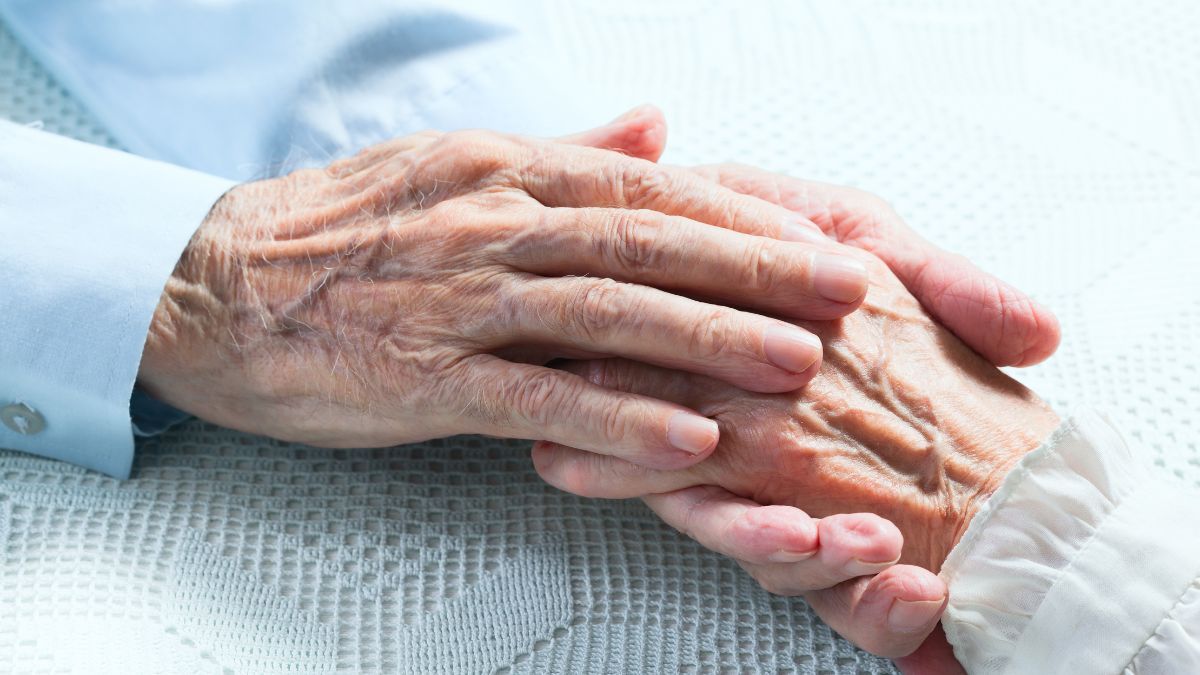Calls for Ukraine
Calls for Europe
Calls for USA

Guilt and shame, rather than hope for recovery, are among the most common reasons terminally ill cancer patients continue minimally effective treatment at the end of life, Rutgers researchers say.
“In the United States, end-of-life care is wrapped in a set of moralized social attitudes of ‘fight’ and ‘don’t give up,’ where death is viewed as an enemy to be fought at all costs,” says Login S. George, a health services researcher at the Rutgers Institute for Health, Health Policy and Aging Research, a research associate in the Cancer Prevention and Control Program at Rutgers Cancer Institute and lead author of the study published in the journal Health Psychology.
“This creates a dilemma for patients who may feel that they are not meeting some moral code and disappoint those around them if they consider discontinuing treatment,” George said. – Our study is one of the first to quantify these feelings.”
To assess end-of-life decision-making in terminally ill cancer patients, George and colleagues enrolled 116 people treated at Rutgers Cancer Institute, the state’s only NCI-recognized comprehensive cancer center, and other clinical centers between April 2022 and March 2024. Study participants had an average life expectancy of less than 12 months and were in the advanced stages of one of the cancers, including pancreatic, lung, colorectal or breast cancer.
Participants answered structured interview questions, including questions designed to determine whether patients were pushed by guilt and a sense of obligation to continue with non-beneficial cancer treatments despite a poor prognosis.
Responses were analyzed to determine the relationship of such moral emotional processes to sociodemographic, stress, and treatment decision variables.
In some questions, up to 88% of respondents stated that they continued potentially pointless treatment for moral reasons or for the sake of loved ones. In response to the statement “Discontinuing cancer treatment would mean abandoning my family,” 19 % of patients answered “somewhat,” 19 % answered “to some extent,” 15.5 % answered “to a great extent,” and 11.2 % answered “to a very great extent.”
Similarly, up to 86% of patients reported that in the presence of loved ones they tried to appear more optimistic and physically healthy than they actually felt. The instinct to downplay their discomfort even extended to patients’ behavior around oncologists: more than 41% of patients said they tried to appear more optimistic and healthy when doctors were in the room, which in turn was associated with higher levels of patient distress.
Previous studies have examined cancer patients’ guilt about burdening others with their care, but George says this study is novel because it focuses on a very different source of guilt – one that arises from “failure to adhere to the social code of optimistic cancer management.”
In an ideal world, the decision to stop or continue treatment would be made by patients with deliberation, intention and reflection, including open dialog with others. But it appears this process may be tempered by some of those feelings of shame and obligation to others.
The researchers say the findings have important implications for end-of-life care planning for people with serious illnesses and should prompt families, loved ones and health care providers to think deeply about what motivates patients’ preferences. That means helping patients realize that they have a choice or permission to refuse treatments they deem inappropriate.
“Typically, physicians give people information about treatment options and ask them what they want to do,” he said. “These results suggest that we need to go one step further and talk about moral feelings. Helping people articulate their feelings about having to continue treatment because of social expectations or for the sake of others may lead to outcomes that are more in line with the patient’s actual desires.”
Please rate the work of MedTour
